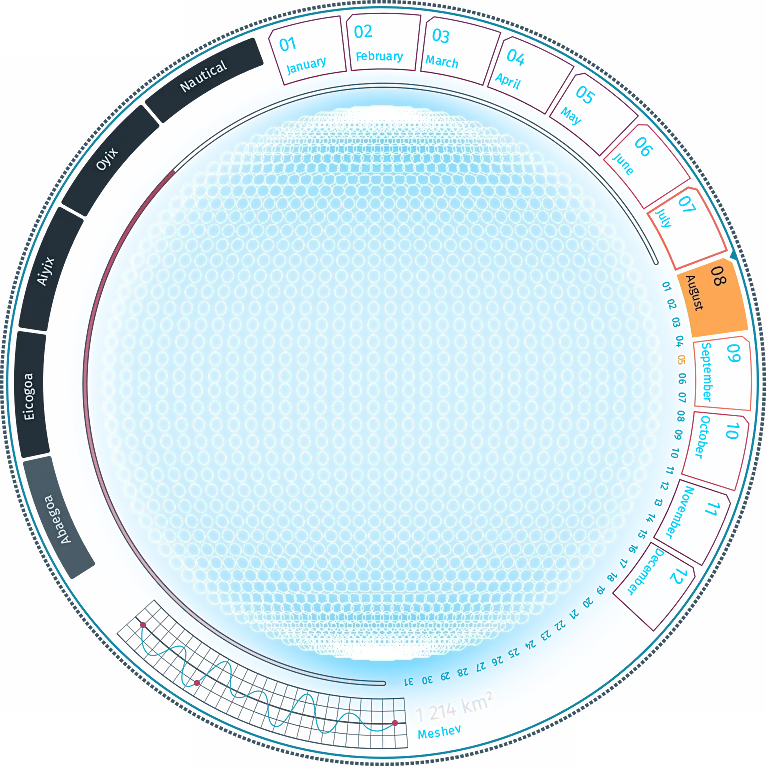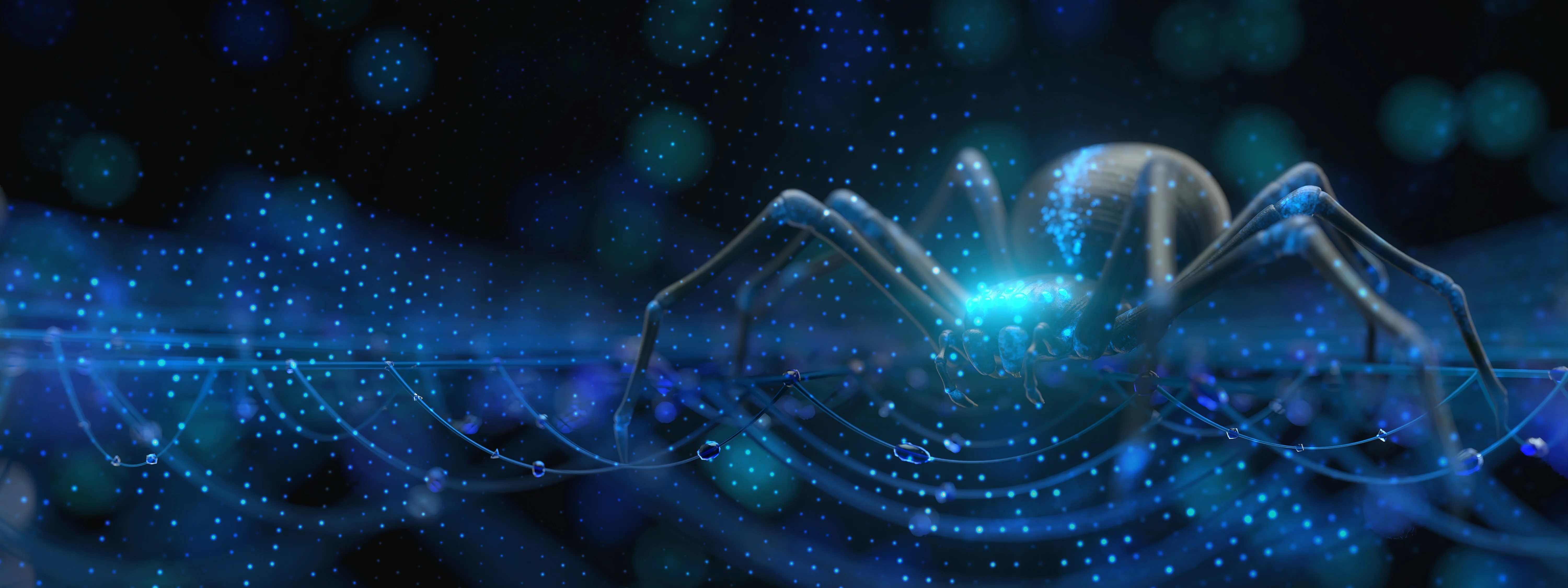Incorporeal
Notes
The Musai species, a well-adapted aquatic race with humanoid characteristics, are known for their extraordinary ability to dive deep into the world's oceans. With an impressive limit of approximately 1000 feet (300 meters), the Musai push the boundaries of marine exploration. Their bodies comprise advanced mechanisms to regulate the intake of gases and the subsequent blood flow to tackle pressure-related issues. While diving to great depths, the Musai manage to avoid illnesses such as nitrogen narcosis, oxygen toxicity, and HPNS (high pressure nervous syndrome) by ensuring all air is expelled from their lungs before submerging and also by using their gills to breathe underwater. This unique feature prevents the absorption of atmospheric nitrogen into their bloodstream and unknown to decompression sickness.
In the perpetual twilight of the mesopelagic zone, where they reside, the Musai have evolved to have highly sensitive dark vision. Their eyes are furnished with reflective layers to harness the sparse photons penetrating the depths, adding to their adaptive versatility. As the depth increases, colors fade away, reds at 5 meters, yellows, and violets at 50 meters. At depths from 100 meters and beyond, only dim blues, cyans, and hints of green remain visible. Thus, the Musai are effectively color-blind, reliant on the illumination aided by bioluminescence— a spectacle of light produced by them and other organisms dwelling in the darker oceans realms.
The Musai species aren't left defenseless in the temperature-challenging environment of the deep ocean; their bodies are covered in insulating scales to combat the cold. Using a system of countercurrent heat exchange, Musai manage to retain body heat while also seeking out thermal vents for warmth. Their metabolism adapts according to different temperatures, making them a true survivor race in the aquatic eco-system.
Being native to the underwater world, the Musai lack access to fire and the associated technologies. To overcome this, they have evolved to adopt unique practices. They selectively breed marine plants and animals to cater to their needs and use bio tech harvested from marine life forms. Bioluminescent signatures serve as communication channels and sources of illumination, showcasing an impressive hybrid of natural selection and scientific progress. Oral traditions preserve their knowledge of navigation, food cultivation and current-riding, and augment their preservation techniques, medical practices, and even basic metalwork near hydrothermal vents.
The Musai originate from an aquatic alien planet that dried out, before some found refuge and adaptation on Eivrall. Despite living in a predominantly different territory, the Musai earned acceptance and respect in Eivrall because of their ability to regulate the sea and their proficiency in biological thermoregulation, allowing them to breathe both air and water.
The Musai live in the Glassy Deep's clear waters: scattered pods housing small empathic family groups can be found. They have almost an emotional connection to the ocean, predicting storms, and changes in pressure systems with ease. Many a sailor owes their voyage to a helpful Musai, who serve as scouts in treacherous waters. However, the Musai do not easily allow studies of their race due to fear of exploitation. While some Musai bear striking resemblances to humans, others deviate with tentacles sprouting from heads and fishlike tails instead of legs. Yet, all Musai share specialized adaptive cells suited to the vast range of conditions within the ocean.
An incredibly rare subspecies of Musai, known as Teros, pose the unique ability to leave the ocean as an incorporeal water form. Using fog and rain, they manifest humanoid shapes on land. This remarkable ability is found to be physically demanding and, as such, Teros only exist in specific coastal wetlands.
Notice
This article is currently being worked on. Check back soon!
Note: This articles contains the notes for a species article to be developed later.



Comments